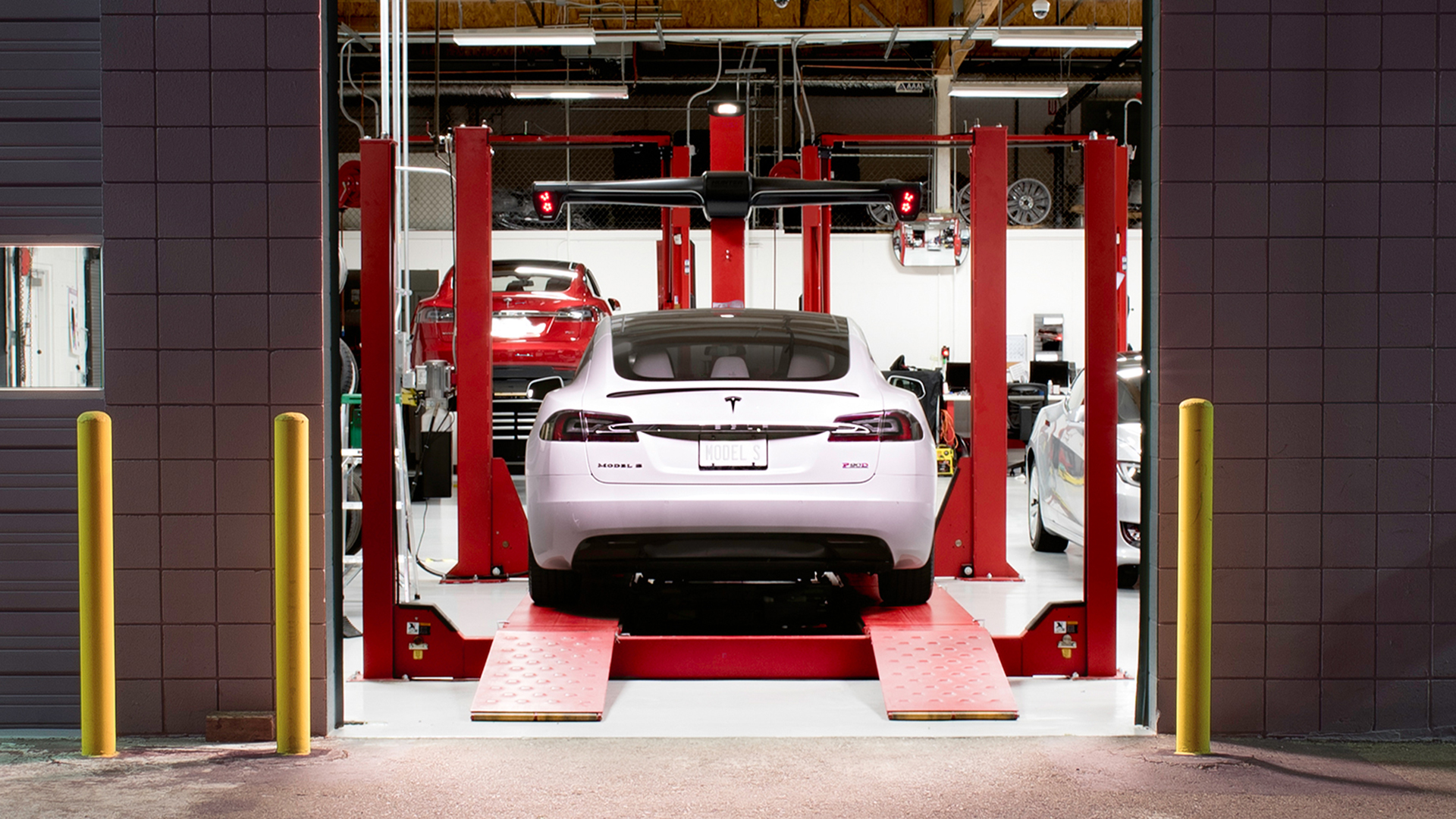

Tesla is hurting after a solid few weeks of bad luck. The California-based electric car manufacturer has had slipping stocks, production delays for the Model 3, and now has issued a voluntary recall on 123,000 Model S sedans after finding that an issue with bolts may adversely affect power steering on the cars.
In an email to owners, Tesla explained that it had observed what is being described as “excessive corrosion” in a number of bolts surrounding power steering components. Should one of the bolts fail, the driver would need to use “increased force” to steer the car at lower speeds, just like driving a vehicle without power steering. Tesla wrote in its email that the failure “primarily makes the car harder to drive at low speeds and for parallel parking, but does not materially affect control at high speed, where only small steering wheel force is needed.”
Tesla also noted that it had only observed this problem in colder climates, insinuating that it corrosion could have been caused by road treatment used to ward off snow and ice during wintery conditions. The decision to recall all potentially affected vehicles was made to ensure that a vehicle would be safeguarded if it was later used in a corrosive environment.
The recall affects only the Model S, and only those built before April 2016. Newer cars, as well as the Model X and newest Model 3, are not affected by this ailment. Affected drivers should have received an email from Tesla saying that the owner of the vehicle will be contacted to schedule an appointment to replace the affected parts and get the all-clear to continue driving the vehicle until the service is performed.
At 123,000 vehicles, this recall marks Tesla’s largest to date. Prior to this, the automaker recalled 90,000 Model S cars over a faulty seatbelt in 2015, and subsequently 53,000 Model S sedans and Model X SUVs over a parking brake issue last year.